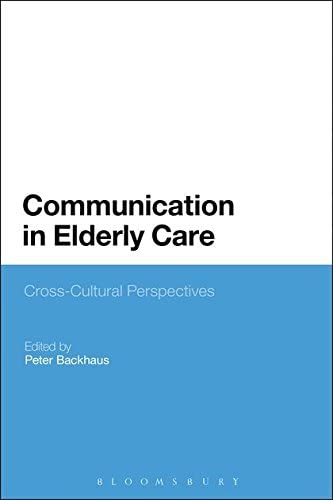
Respite care for dementia is a way for caregivers to be more effective in providing high quality care. It also allows them to stay with their loved ones for a longer duration. The added benefit of a break for the caregiver is increased physical and emotional well-being. It is possible to save money and time by delaying the move into a care facility. Respite is also available for those who need live-in assistance. The Alzheimer's Association has more information about dementia respite care.
Conceptualization of respite dementia care
Numerous research studies suggest that the key to effective dementia respite care services lies in their ability facilitate meaningful engagement between caregivers, people with dementia, and others. These studies showed that while carers may say they don't require help, they may delay getting it. They might also believe they won't need it. The study concluded that caregivers might underestimate their caregiving roles until dementia progresses or their care becomes impossible to manage.
Respite care offers many benefits but research has shown that it is very rarely used. This is due to the large variation in the characteristics of people and services receiving care. The characteristics of carers and individuals with dementia vary widely: their age, relationship, socioeconomic status, role expectations, dementia types, physical health, and more. It is possible that respite can be sought for a variety of reasons. Therefore, there is no single definitive model of its effectiveness.

There are limitations to in-home respite services
While there are many advantages to in-home respite care for dementia, there are also some limitations. Although this service is not suitable for all situations, it can be an excellent choice for seniors who are unable or unwilling to leave their home. An in-home caregiver can provide support while the primary caregiver takes a rest. The main benefit of in-home respite care is that the resident can remain in the familiar surroundings of their home, allowing them to stay in the familiar surroundings of their own home. Three out of four seniors would prefer to remain at home than receive care in a facility.
In-home respite is an option for people with dementia. However there are many advantages to it. Some caregivers disagree that it is worth the effort and money. Formal interventions can lead to financial problems and a lack of control over care. Some caregivers feel that such care is stigmatizing and disruptive. Research is ongoing to determine the effectiveness of home respite care for those with dementia.
It is vital to provide live-in respite services
NFCSP provides respite care at no cost, but some families will have to pay a percentage based on their income. Local Area Agencies on Aging manage the program. They are also known by Aging and Disability Resource Centers. These agencies combine the resources of the federal government, including Medicare, Medicaid, and the Veterans Administration, to make these services available. When your loved one is ready for a break, they should feel comfortable in the company of a friend or neighbor.
People with dementia will find that live-in care has many benefits, including the ability for the service provider to be tailored to their individual needs. This care is more secure and less stressful than residential care homes. Unlike assisted living facilities, a home-based caregiver will be available to your loved one during a temporary period, so your loved one can get the rest they need without the burden of taking care of their daily activities.

Alternatives to in-home respite care
There are many options for dementia respite care that can be used in place of in-home care. Some of these services are volunteer-driven, while others are provided by a healthcare facility. The latter provides the benefits and convenience of a residential care setting, but does not require the expense or hassle of finding a caretaker. This type of care can also be a good option if the resident's needs are relatively low. Some types of in-home respite care may require special considerations for the afflicted individual.
Families caring for loved ones may feel tired or depressed due to the constant 24-hour care. In these cases, caregivers can supplement their care by attending work meetings, running errands, or spending time with their family. Families can share time together by arranging twice weekly baths. Caregivers can also take a break. In addition to helping caregivers avoid burnout, respite can give them the space and time to recharge and rest.